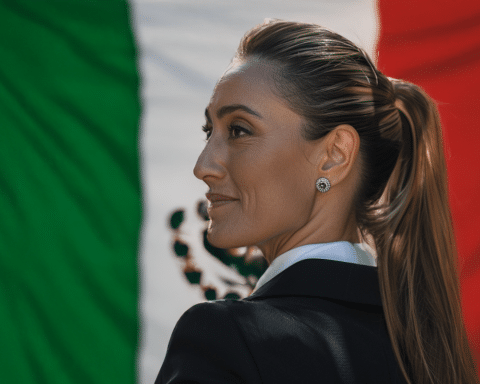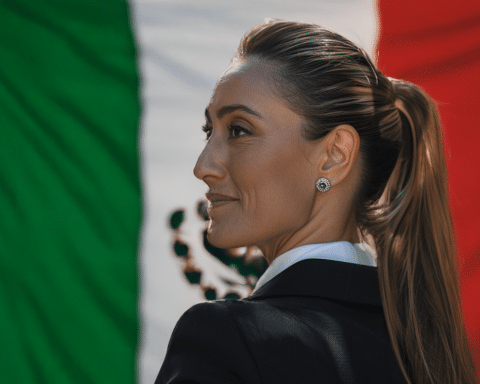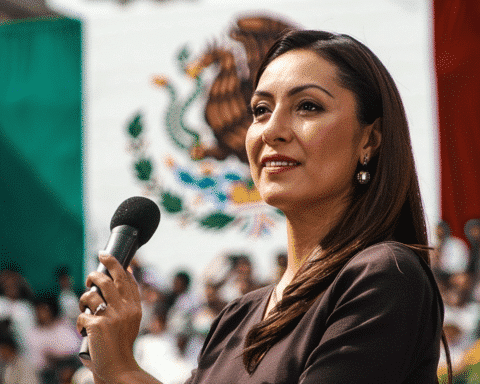Mexico is undergoing a significant shift in its foreign policy under the leadership of newly inaugurated President Claudia Sheinbaum. The government is increasingly distancing itself from traditional allies, particularly the United States, while embracing closer ties with controversial regimes such as Russia, Iran, and Cuba. These changes mark a departure from previous diplomatic strategies, raising concerns about Mexico’s international direction.
Sheinbaum’s administration has restricted the diplomatic influence of the U.S. ambassador in Mexico, Ken Salazar, signaling an unfriendly stance toward the country’s primary trade partner. In a bold diplomatic move, the president announced that all communications with U.S. officials would require consultation with Mexico’s Ministry of Foreign Affairs, complicating bilateral relations with a nation that receives 83% of Mexican exports. Furthermore, Sheinbaum declined an invitation to meet with U.S. President Joe Biden, citing a desire to remain neutral during the U.S. election process, even though key topics like security and migration remain unresolved.
This shift aligns Mexico more closely with Russia, Iran, and Cuba, raising eyebrows on the global stage. Mexico previously opposed efforts to expel Russia from the U.N. Human Rights Council following the invasion of Ukraine. President Vladimir Putin, although invited to Sheinbaum’s inauguration, declined the offer. This decision follows Mexico’s pattern of avoiding criticism of Russia’s actions, contributing to growing tensions with Western nations.
Mexico’s stance toward Iran is also generating concern. The country has called on the United States to lift sanctions against Iran and refrained from condemning Iran’s suppression of women’s rights during a U.N. vote. This approach reflects a pattern of diplomatic support for regimes known for their human rights violations.
Meanwhile, Mexico’s relationship with Cuba is deepening, with the government openly supporting the Cuban regime. It has called for the U.S. to lift the embargo on the island nation and offer reparations for economic damage. Critics argue that Mexico is ignoring Cuba’s political prisoners and authoritarian rule, favoring ideology over democratic principles.
Tensions between Mexico and the U.S. have also intensified due to a lack of cooperation on cartel-related matters. After the recent capture of cartel leader Ismael “El Mayo” Zambada, Mexico expressed frustration over being excluded from the operation. The U.S. Drug Enforcement Administration has criticized Mexico for its inconsistent collaboration in anti-drug efforts.
Sheinbaum’s absence from key international forums further signals a shift away from global engagement. She has already confirmed that she will not attend the COP29 Climate Change Summit in Azerbaijan, reflecting a retreat from international leadership on climate issues.
Observers are concerned that Mexico is moving toward increased autocracy, with foreign policy becoming aligned with authoritarian regimes. The second Morena-led administration is expected to bring further ideological turbulence, reducing diplomatic efforts and raising uncertainty about Mexico’s future on the world stage. With democracy and diplomacy at risk, analysts warn that this new direction may have long-term consequences for both Mexico and its international relations.





